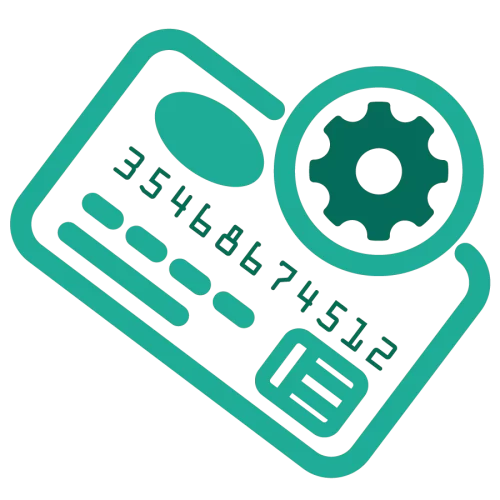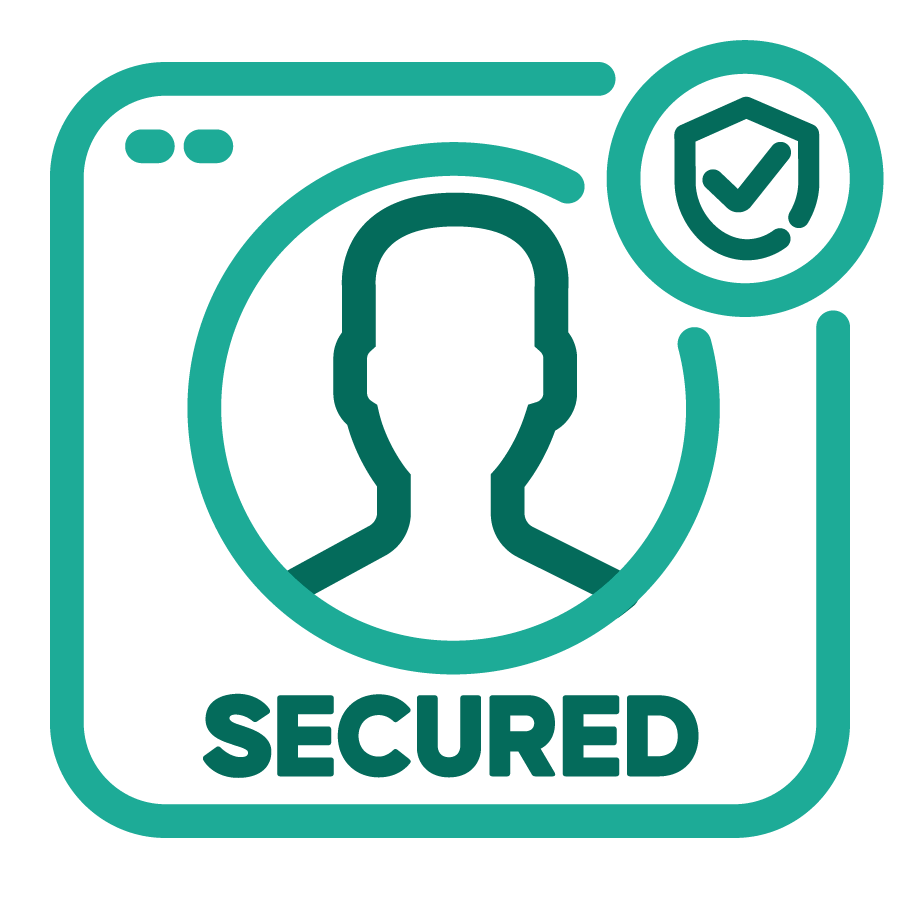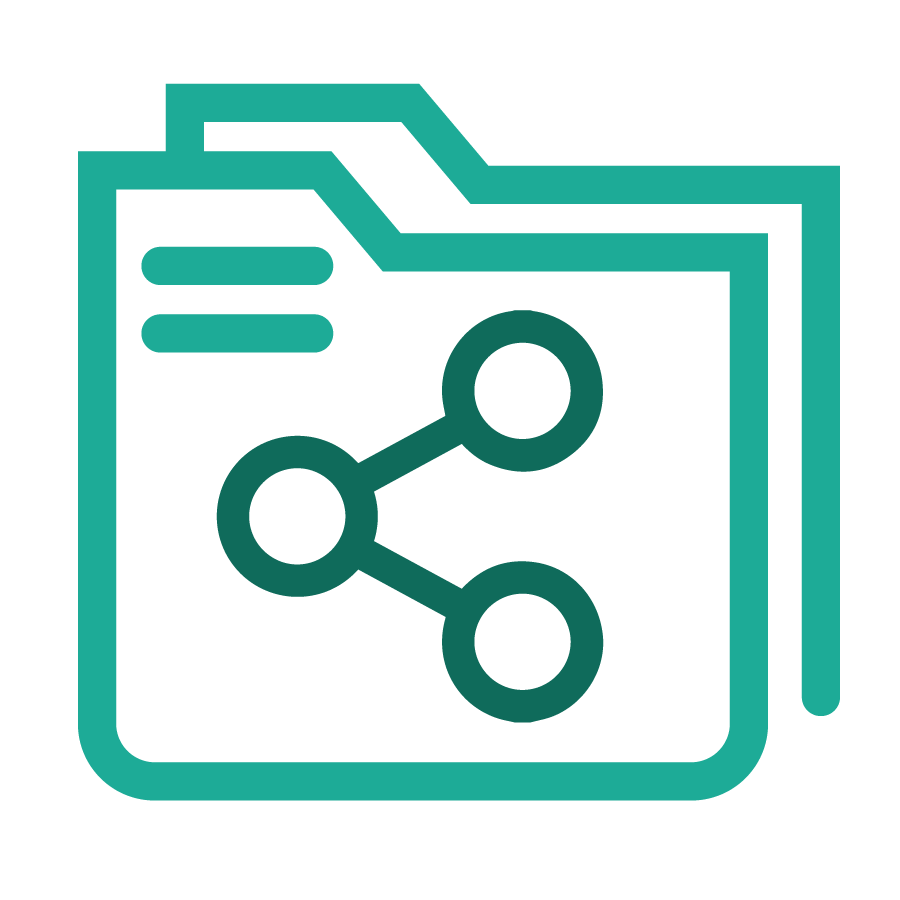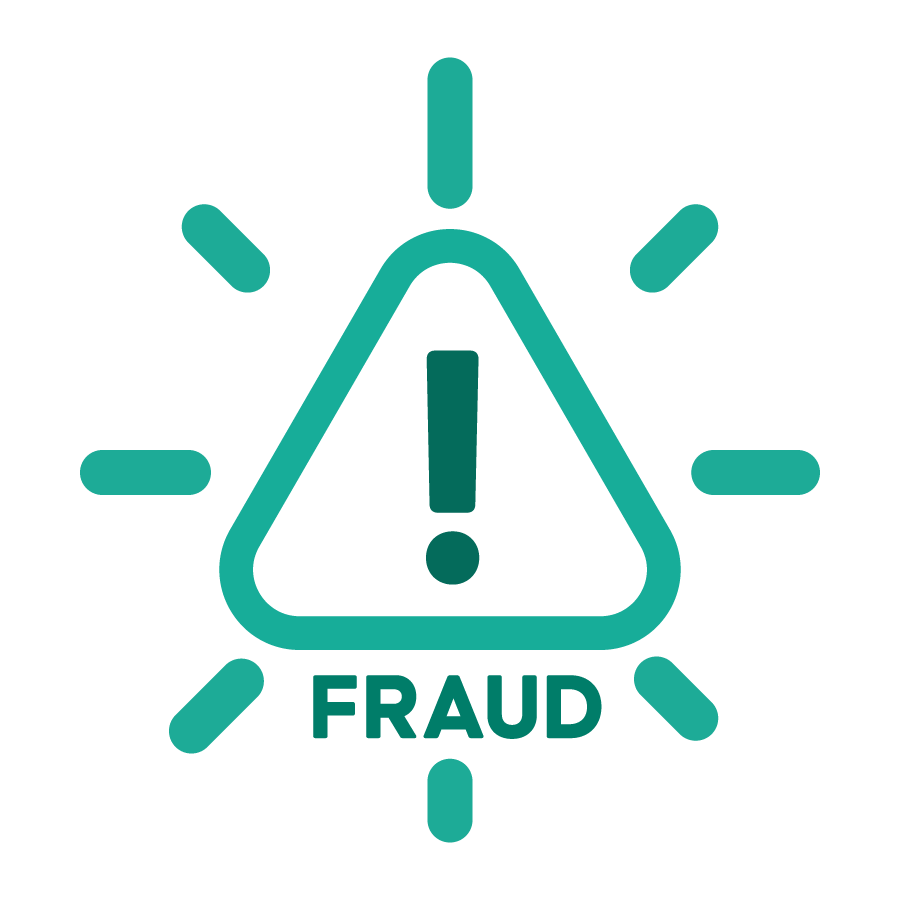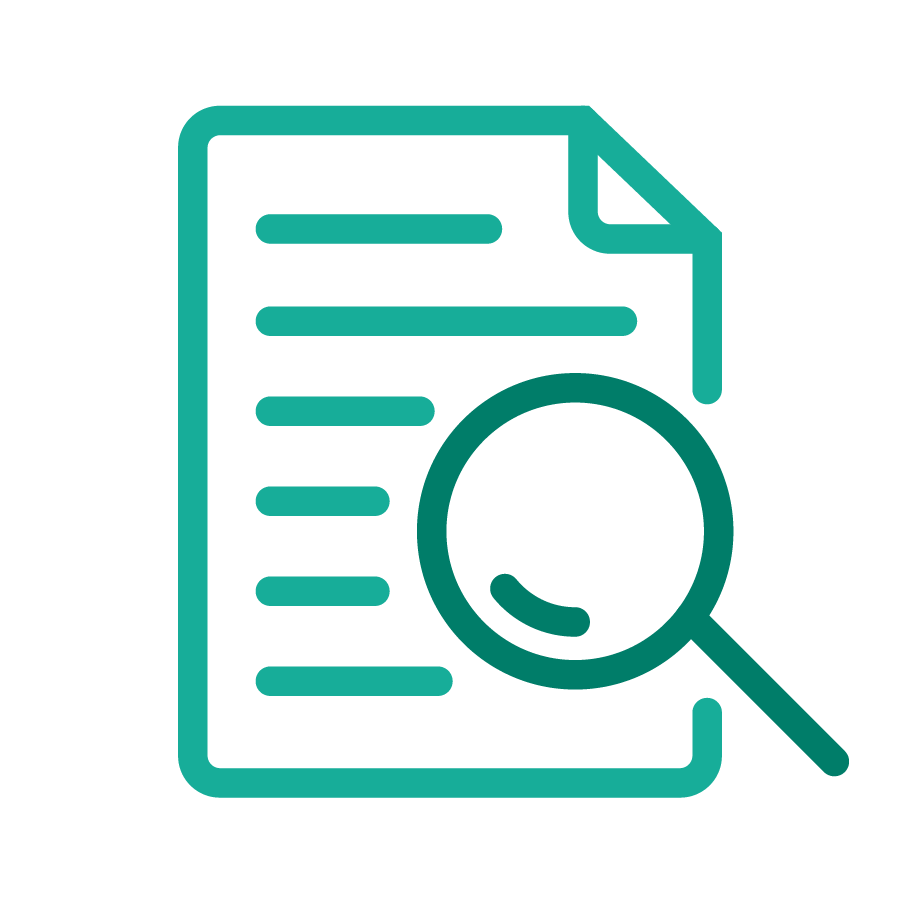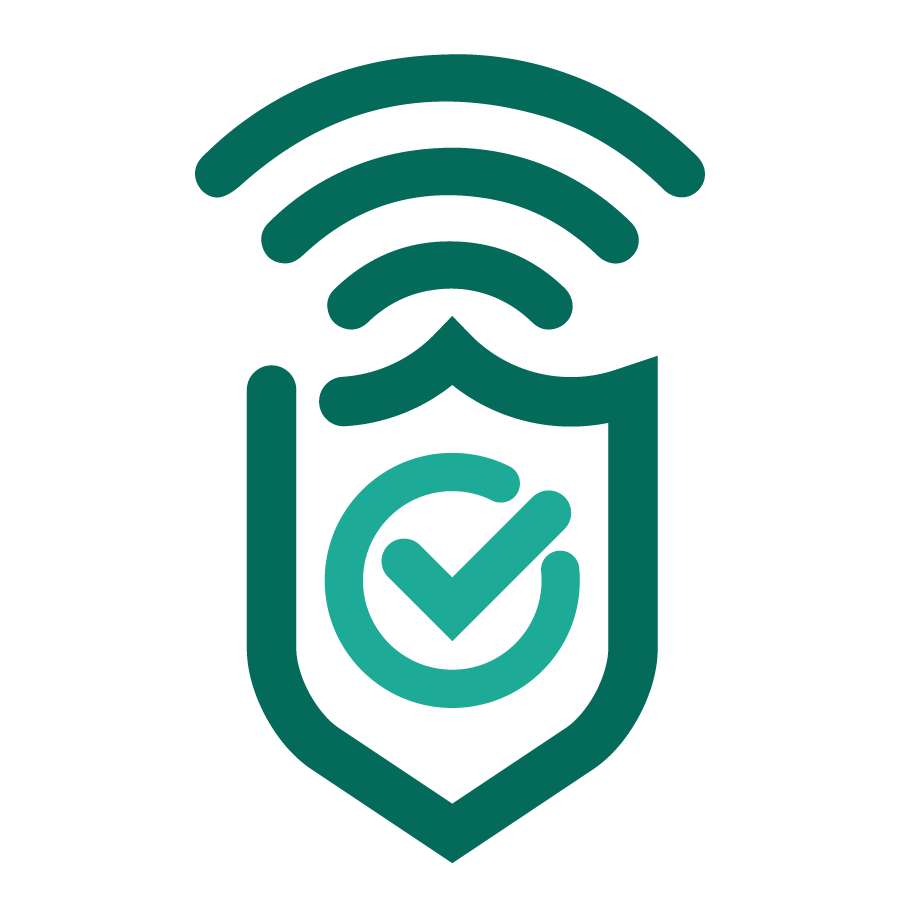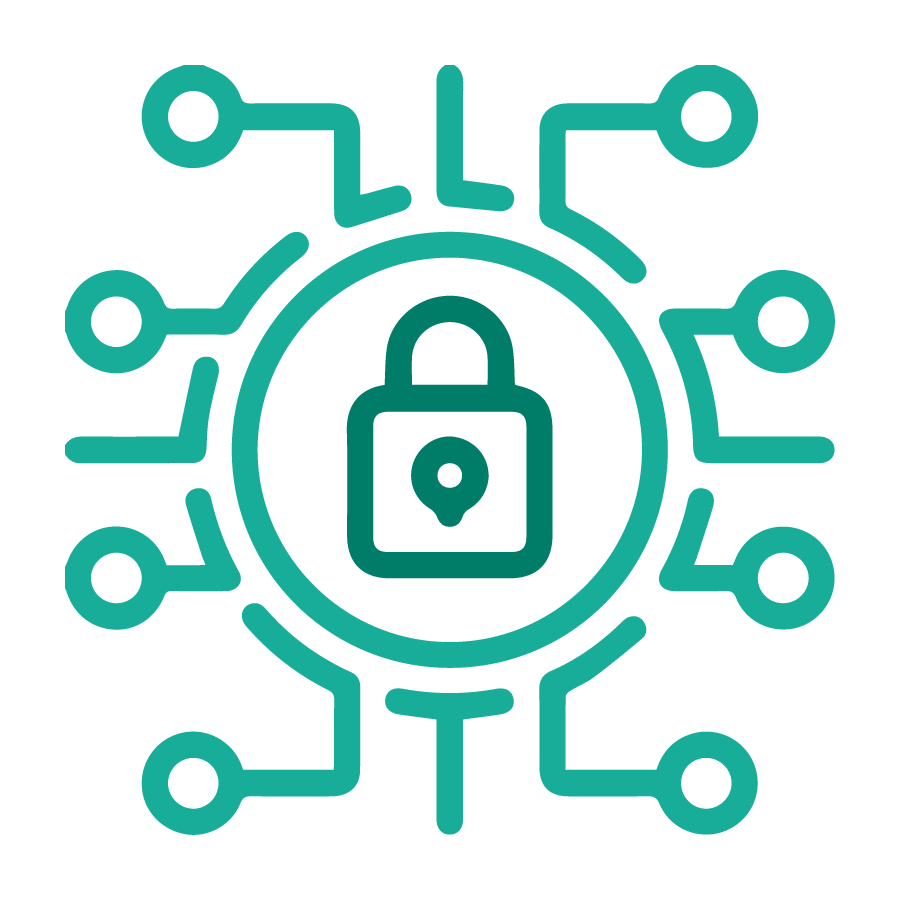Helpful Security Information for You and Your Business

Lost or Stolen Card?
Debit Cards: (860) 496-2152
Outside to the United States: 1-888-856-1868
Personal Credit Card: 1-800-558-3424
Business Credit Card: 1-866-552-8855

Here to Help
For more information or questions please contact us by phone at (860) 496-2152 or visit the branch location closest to you.
Act Swiftly to Protect Yourself
The internet has been called the information superhighway. But with scammers, hackers, and other bad guys trying to steal your personal information online, it’s a good idea to know how to lock down your devices, network, and information. That way, your passwords, Social Security number, or account numbers don’t go speeding along the superhighway to the scammers.

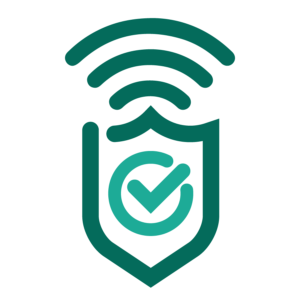
You can control how secure your home network is — but you can’t do the same for public Wi-Fi. It’s always best to assume it’s not secure.
The easiest solution? Save your online shopping, banking, and other personal transactions for when you’re on your home network. Or use your mobile data, as that data is typically encrypted.
If you do use public Wi-Fi, read more about protecting your personal information while you’re online in public.
Source: FTC Protect Your Personal Information and Data
Security Benefits at Your Fingertips
Download the TSB Mobile App and bank with peace of mind.
- Lock & Unlock: Instantly disable your TSB Mastercard debit card if it is stolen or misplaced. Once you find it, you can easily enable it again.
- Locations: Stop fraudulent purchases outside of your regular geographic location. You can limit your card’s usage by zip code, city or state.
- Set -Up Account Alerts: Customize email, text, and notification alerts to stay aware of card use activities. Learn More
- Biometric Authentication: Use your fingerprint or facial features to quickly and easily sign on to our mobile app, available on select devices.
- Merchant Categories and Transaction Types: Select the merchant categories your card can be used at. For example, you could choose to allow purchase at all merchants except gas stations. Or block certain types of transactions, such as ATM transactions or online purchases.
- Travel Notifications: Help us know you and your card are traveling together. If you are already an Online Banking user, setting up Mobile Banking is easy.
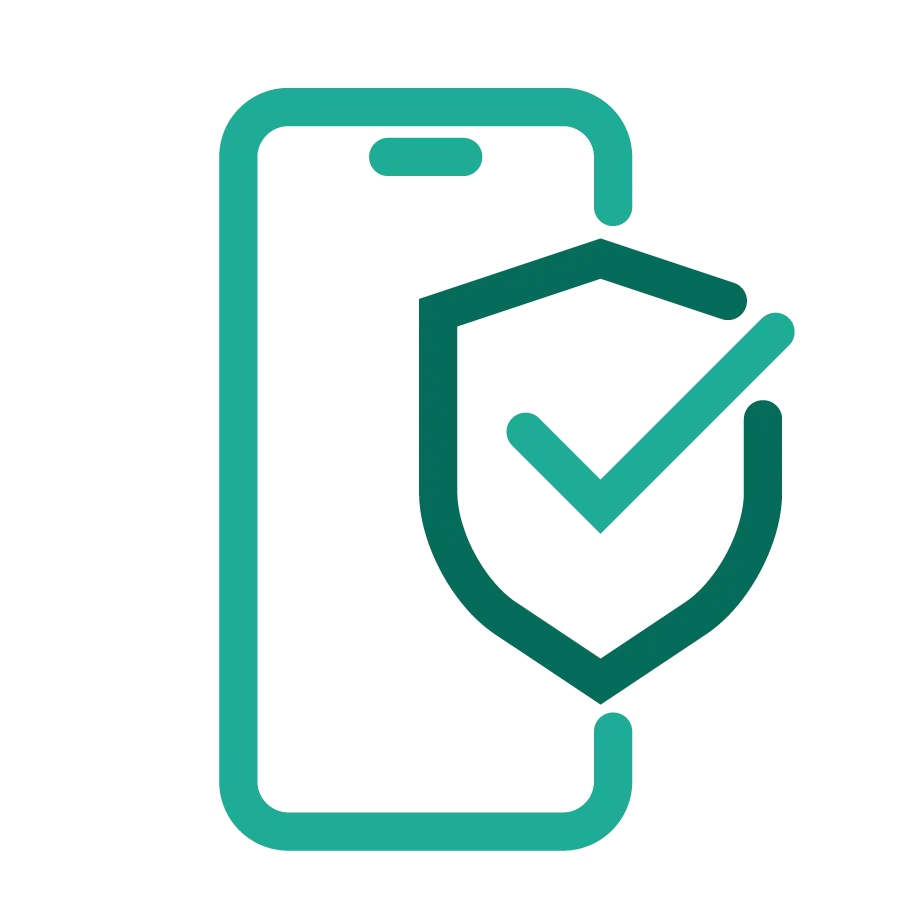
How to Report Identity Theft
Defend against identity theft and fraud as soon as you suspect it. If you believe your Torrington Savings Bank account may be compromised and would like to report possible fraudulent activity, please call (860) 496-2152.
Report identity theft to the Federal Trade Commission (FTC)
If you suspect identity theft, you can: call the FTC at 1-877-438-4338 to speak with an identity theft counselor or write Identity Theft Clearinghouse, Federal Trade Commission, Washington, DC 20580. You can also submit a complaint online by visiting the Federal Trade Commission’s website at www.ftc.gov/idtheft.
File a police report
Contact your local law enforcement agency to file a report involving identity theft. Give a copy of the FTC theft complaint to law enforcement when you file the report.
Follow these additional steps to take action and protect yourself:


Close Accounts and Keep Good Records of Your Actions
Close any accounts that have been tampered with or established fraudulently. Contact the security or fraud departments of each company where an account was opened or changed without your okay and follow up in writing, with copies of supporting documents. You can use the ID Theft Affidavit at www.ftc.gov/idtheft to support your written statement. Ask for verification that the disputed account has been closed and the fraudulent debits discharged. Keep copies of documents and records of your conversations about the theft.
When you bank at Torrington Savings Bank, there are certain things you can count on:

Torrington Savings Bank will NOT request a customers’ personal information through regular email or text nor provide links within an email or text to update personal information. If you get such a request, do NOT click any links or use any information provided in the email to contact us.

Torrington Savings Bank employees will NOT ask for your Online Banking Password and we will NOT request that you send us unsecured emails containing your personal or financial information.

You should NEVER give out account numbers, social security numbers, credit card numbers, PINs, CVVs, passwords or passphrases to someone who contacts you claiming to be from Torrington Savings Bank.
Any request like those – whether made in person, over the phone or online from any source, and even if appearing to be Torrington Savings Bank should be treated with suspicion, and reported to us immediately at (860) 496-2152 or via email to fraud@torringtonsavings.bank..
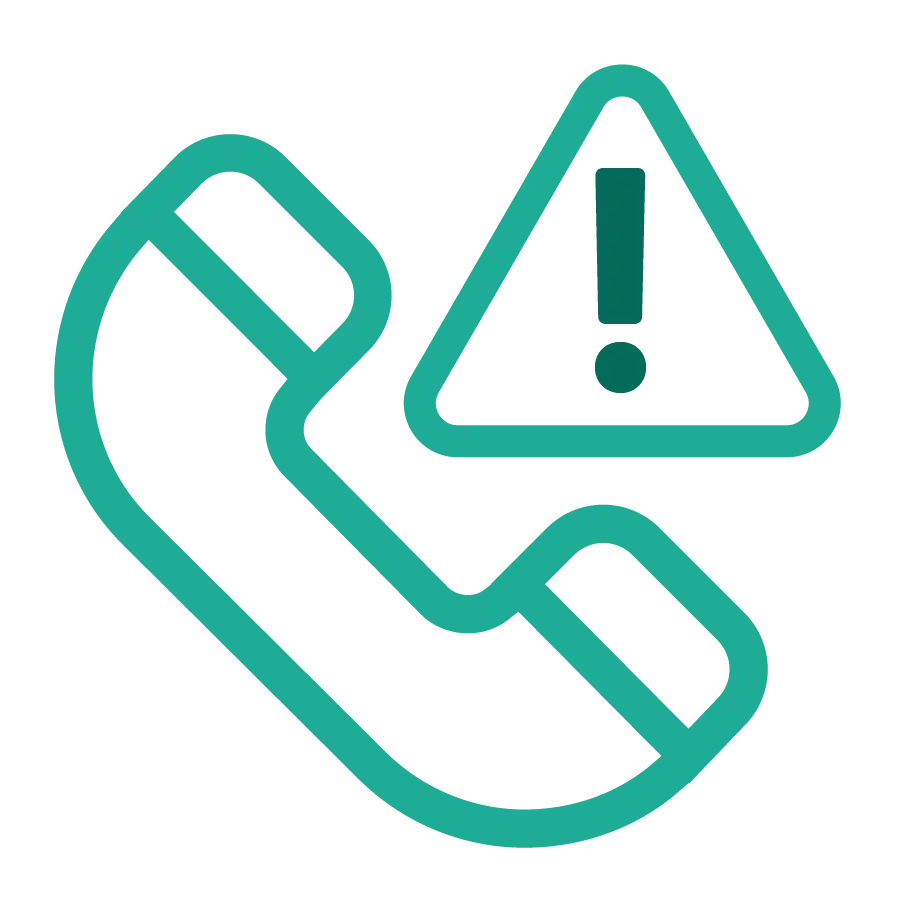
How to Spot and Avoid Scams
Scammers can be very convincing, so it’s helpful to know some of the types of tricks they may try so that you can avoid them. It is always better to err on the side of caution before divulging any information. Remember – Scammers may pose as government officials, law enforcement or even a Torrington Savings Bank employee. If you think you may have been approached by a bad actor, please contact us immediately at (860) 496-2152, or you can email us at fraud@torringtonsavings.bank.
Download our “IT MAY BE A SCAM IF… FLYER” to help you spot common scams.
Other Resources for Scam and Fraud Prevention Include:
This collaborative educational resource teaches consumers about staying safe online. The Federal Trade Commission (FTC) manages the website in partnership with 15 other governmental agencies.
The Federal Deposit Insurance Corporation can help you protect yourself from identity theft and fraud.
Deter. Detect. Defend. The Federal Trade Commission offers a comprehensive identity theft resource for consumers and businesses.
The FBI provides this resource with information about some of the most common fraud schemes. Getting educated and taking a few basic steps may well keep you from becoming a victim of crime and fraud.
Business Security
Steps You Should Take to Protect Your Business
In addition to the types of good security practices you should follow as an individual, when it comes to your company, there are additional measures that we recommend to help prevent fraud and enhance your information security:
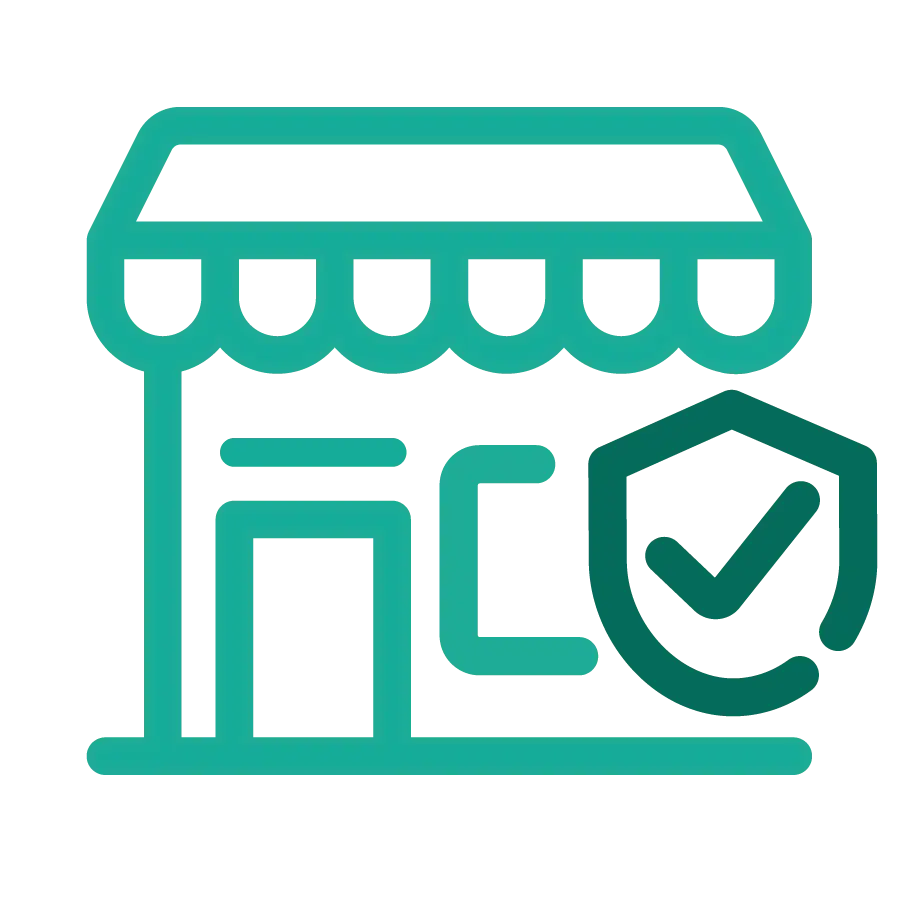

You Get an Email That Looks Like it’s From Someone You Know
It seems to be from one of your company’s vendors and asks that you click on a link to update your business account. Should you click? Maybe it looks like it’s from your boss and asks for your network password. Should you reply? In either case, probably not. These may be phishing attempts.
How Phishing Works
You get an email or text
It seems to be from someone you know, and it asks you to click a link, or give your password, business bank account, or other sensitive information.
It looks real
It’s easy to spoof logos and make up fake email addresses. Scammers use familiar company names or pretend to be someone you know.
It’s urgent
The message pressures you to act now — or something bad will happen.
What happens next
If you click on a link, scammers can install ransomware or other programs that can lock you out of your data and spread to the entire company network. If you share passwords, scammers now have access to all those accounts.
What You Can Do
Before you click on a link or share any of your sensitive business information:
Check it out
Look up the website or phone number for the company or person behind the text or email. Make sure that you’re getting the real company and not about to download malware or talk to a scammer.
Talk to someone
Talking to a colleague might help you figure out if the request is real or a phishing attempt.
Make a call if you’re not sure
Pick up the phone and call that vendor, colleague, or client who sent the email. Confirm that they really need information from you. Use a number you know to be correct, not the number in the email or text.
How to Protect Your Business
Back up your data
Regularly back up your data and make sure those backups are not connected to the network. That way, if a phishing attack happens and hackers get to your network, you can restore your data. Make data backup part of your routine business operations.
Keep all security up to date
Always install the latest patches and updates. Look for additional means of protection, like email authentication and intrusion prevention software, and set them to update automatically on your computers. On mobile devices, you may have to do it manually.
Alert your staff
Share with them this information. Keep in mind that phishing scammers change their tactics often, so make sure you include tips for spotting the latest phishing schemes in your regular training.
Deploy a safety net
Use email authentication technology to help prevent phishing emails from reaching your company’s inboxes in the first place.
What To Do If You Fall For a Phishing Scheme
Alert others
Talk to your colleagues and share your experience. Phishing attacks often happen to more than one person in a company.
Limit the damage
Immediately change any compromised passwords and disconnect from the network any computer or device that’s infected with malware.
Follow your company’s procedures
These may include notifying specific people in your organization or contractors that help you with IT.
Notify customers
If your data or personal information was compromised, make sure you notify the affected parties ― they could be at risk of identity theft. Find information on how to do that at Data Breach Response: A Guide for Business.
Report it
Forward phishing emails to reportphishing@apwg.org (an address used by the Anti-Phishing Working Group, which includes ISPs, security vendors, financial institutions, and law enforcement agencies). Let the company or person that was impersonated know about the phishing scheme. And report it to the FTC at https://reportfraud.ftc.gov/#/assistant.








